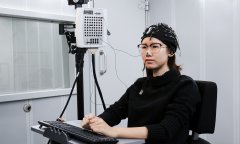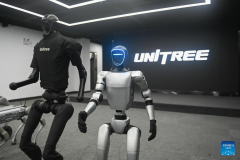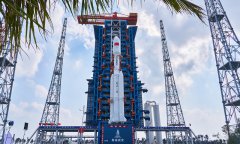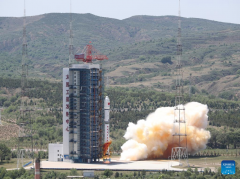Home>>
Tien Kung’s developer launches intelligence platform to enable robots to handle complex tasksBy Liu Caiyu (Global Times) 11:12, March 13, 2025
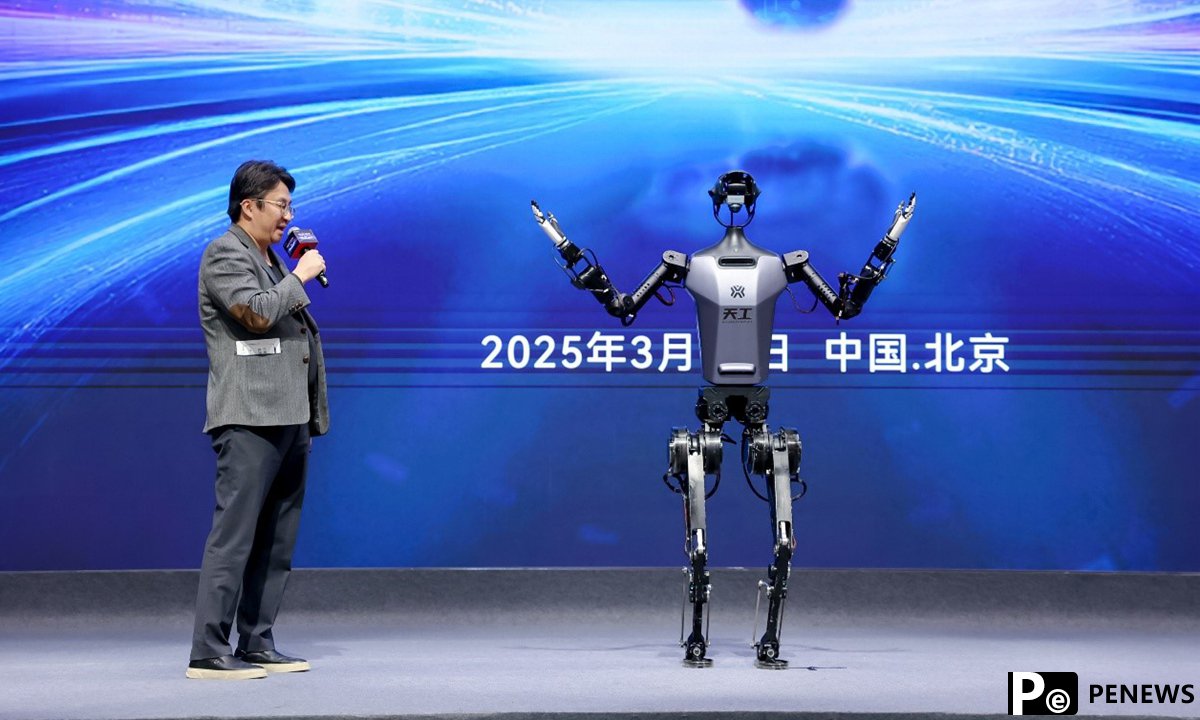
Developed by the Beijing-based National and Local Co-built Embodied AI Robotics Innovation Center, "Hui Si Kai Wu" is designed to elevate robots from merely executing singular tasks to achieving autonomous decision-making and execution capabilities in complex environments.
Tang Jian, the chief technology officer of the center, told the Global Times that traditional robots may only be developed for a single scenario or a single task, but with the application of the universal software system "Hui Si Kai Wu," robots can adapt to multiple tasks in a wide range of applications.
According to the center, the software system enables full-process intelligence from task comprehension to execution and possesses the generalization capability to handle complex tasks across multiple scenarios.
Either humanoid robots, wheeled robots, or even robotic arms can be adapted for the use to deal with tasks in a wide range of applications, including industrial, commercial and home scenarios. This adaptability allows robots to cater to diverse application scenarios and tasks, providing robots with robust perception, decision-making, and execution capabilities, the center noted at the event.
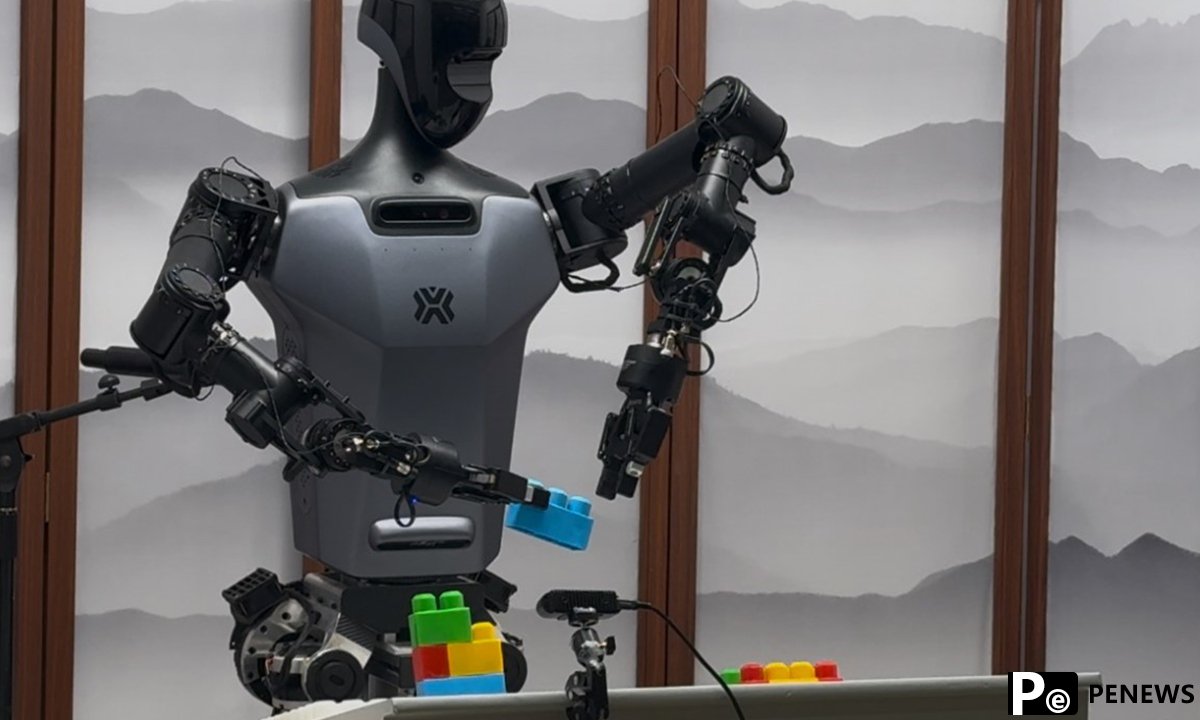
In a desktop cleaning scene, the robot fluidly sorted tableware, collected garbage into tinfoil trays and placed them in a trash can. Throughout the demonstration, the robot moved smoothly. The center noted that if it encounters an issue, it can self-correct and re-plan in order to complete the task.
At the press conference, the robot also showed its empowered capabilities in industrial sorting and logistics packaging. Through voice interaction, app direct connection and other methods, users can easily interact with the robot, which can finish tasks with high precision.
"You can imagine the platform as a central nervous system for robots that integrates advanced cognitive functions such as perception, decision-making, language, learning, and motion control," Tang said.
Other than boosting the intelligence and execution efficiency of robots when carrying out complex tasks, the platform also lowers the barrier for robot development through a low-code approach, simplifying the development process, Tang noted.
Industry observers said that humanoid robots have evolved from laboratory prototypes to tangible products, with this year's robots entering a phase of increased intelligence and versatility. The rapid growth of the country's robotics industry has led to the deployment of robots across various sectors, such as warehouse logistics, education and entertainment, cleaning services, security inspection, and medical rehabilitation.
But embodied intelligence is still in its early stages in terms of "intelligence," and the industry needs a universal platform with multi-body compatibility, multi-scenario adaptability and robust generalization capabilities, according to Xiong Youjun, the general manager of the center.
Words such as "embodied intelligence" were included in the Government Work Report for the first time during the just-concluded two sessions. "Artificial intelligence +" was frequently mentioned and became one of the hottest words.
The center said they are planning to open the Hui Si Kai Wu platform to a broad range of organizations, such as enterprises, universities, and scientific research institutions, to jointly promote the vigorous development of the humanoid robot industry in China.

